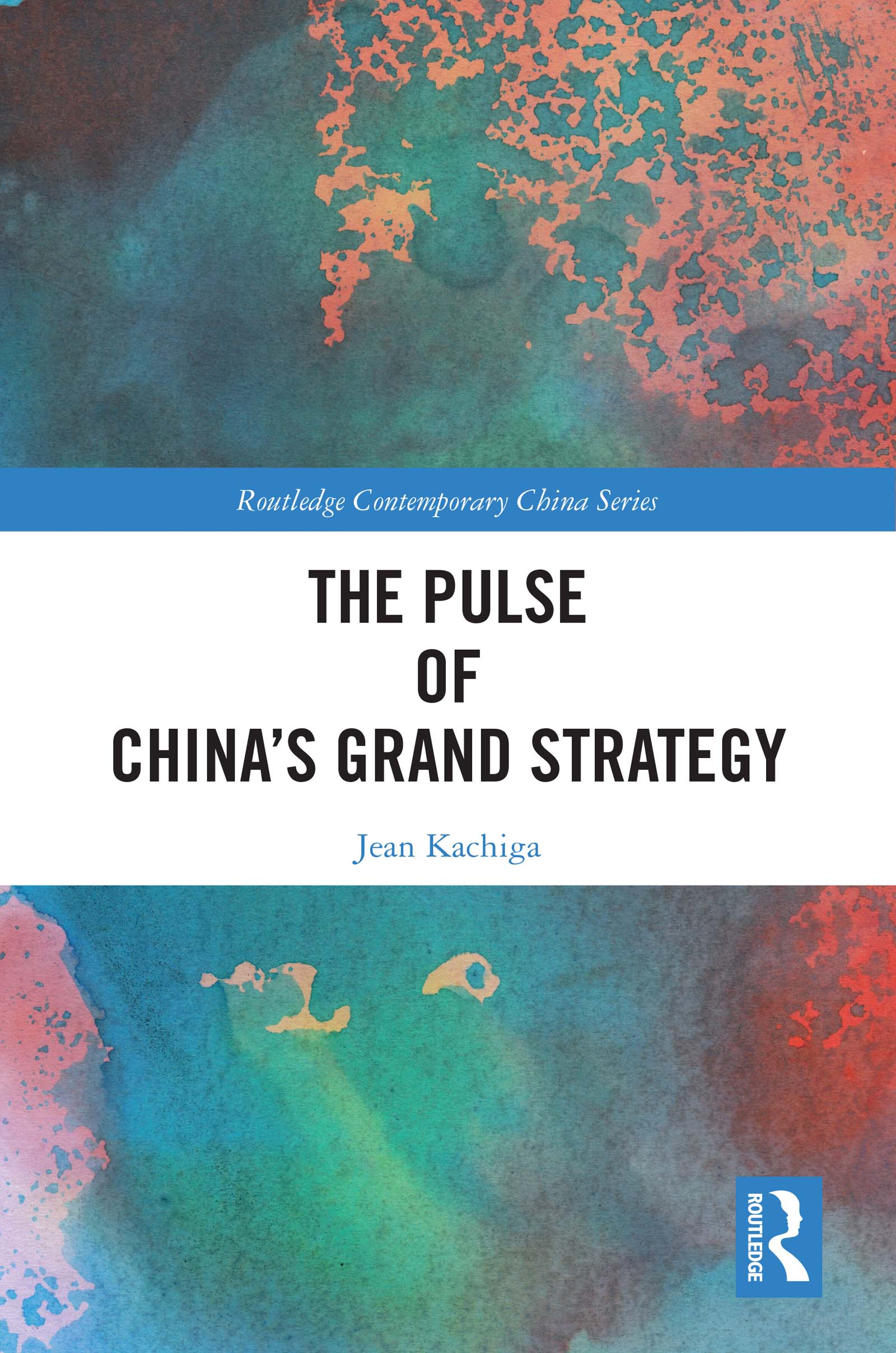Sub-Saharan Africa (SSA) should not be defined by the structural parameters and opportunities of low-income countries, given that it also comprises a number of higher-income countries. This book finds that SSA is tightly constrained in its growth, employment and poverty outcomes. Rather than taking this as a conceptual downside, these constraints to growth and development have to be recognised and overcome-not just by a few countries able to escape them more easily, but by all countries in SSA, such that no country is left behind. The book observes a weakness in the quantum of growth in SSA. It relates this to a growth path based more on extractives than manufactured goods. While SSA is endowed with extractives, global demand for these is very volatile. These boom-bust cycles in export demand come to affect not just the export sector in SSA as a resource curse, but also the production of output of the entire economy. The book captures this through the working out of equilibrium in four major markets: the tradeables market, the domestic goods market, the labour market, and the money market.












